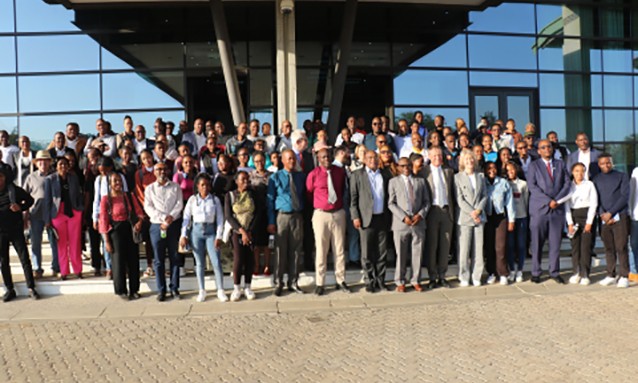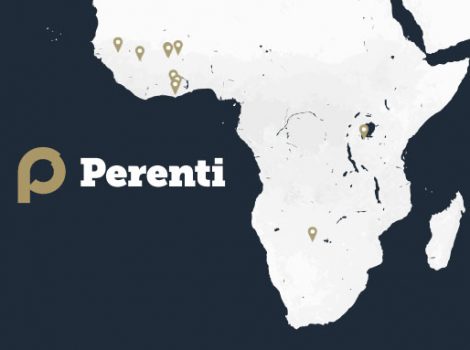
8 October 2024
The University of Botswana (UB) has launched a Centre of Excellence in Planetary and Space Science as part of the FAST4Future initiative. The initiative, created in partnership with various universities and industry stakeholders, aims to advance research in planetary and space sciences. It also serves as a hub for interdisciplinary education and fosters collaboration between academic and research fields.
The centre will concentrate on interdisciplinary research, offering specialised courses and training in astronomy, citizen science, planetary science and space technology. The European Union’s Erasmus+ Programme supports the project, which actively works to enhance STEM education and build international partnerships with institutions throughout Africa and Europe.
UB Vice Chancellor Professor David Norris emphasised the importance of Planetary Space Science and Technology (PSST) in addressing the Fourth Industrial Revolution (4IR) challenges. He also noted Africa’s need to embrace this revolution to avoid missing critical technological advancements. Thus, this positions the initiative as a key driver for digital innovation and higher-skilled employment.
Collaborators and Partners
The Centre of Excellence in Planetary and Space Science has initiated collaborations with leading African institutions in space science, including government, research institutions, and the private sector. These include the Botswana International University of Science and Technology, the University of the Witwatersrand, Copperbelt University, the University of Zambia, and Cape Peninsula University of Technology. Further, it collaborates with European institutions like Alma Mater Studiorum – Università di Bologna and KTH Royal Institute of Technology in Sweden.
Additionally, industry partners and space agencies in the collaboration include AAC Space Africa, the South African National Space Agency (SANSA), and the Centre for Basic Space Research (CBSS) under the National Space Research and Development Agency (NASRDA) in Nigeria. These partnerships will further promote the centre’s core vision while equipping graduates and young scientists with essential skills to address 21st-century challenges.
This milestone further adds to various initiatives, such as the Pan African Planetary and Space Science Network (PAPSSN), which aims to produce skilled graduates in Africa’s planetary and space science labour market. PAPSSN is funded by the Intra-Africa Mobility Scheme of the European Education and Culture Executive Agency (EACEA). This further underscores the commitment from various European agencies to support education and science in Africa.



